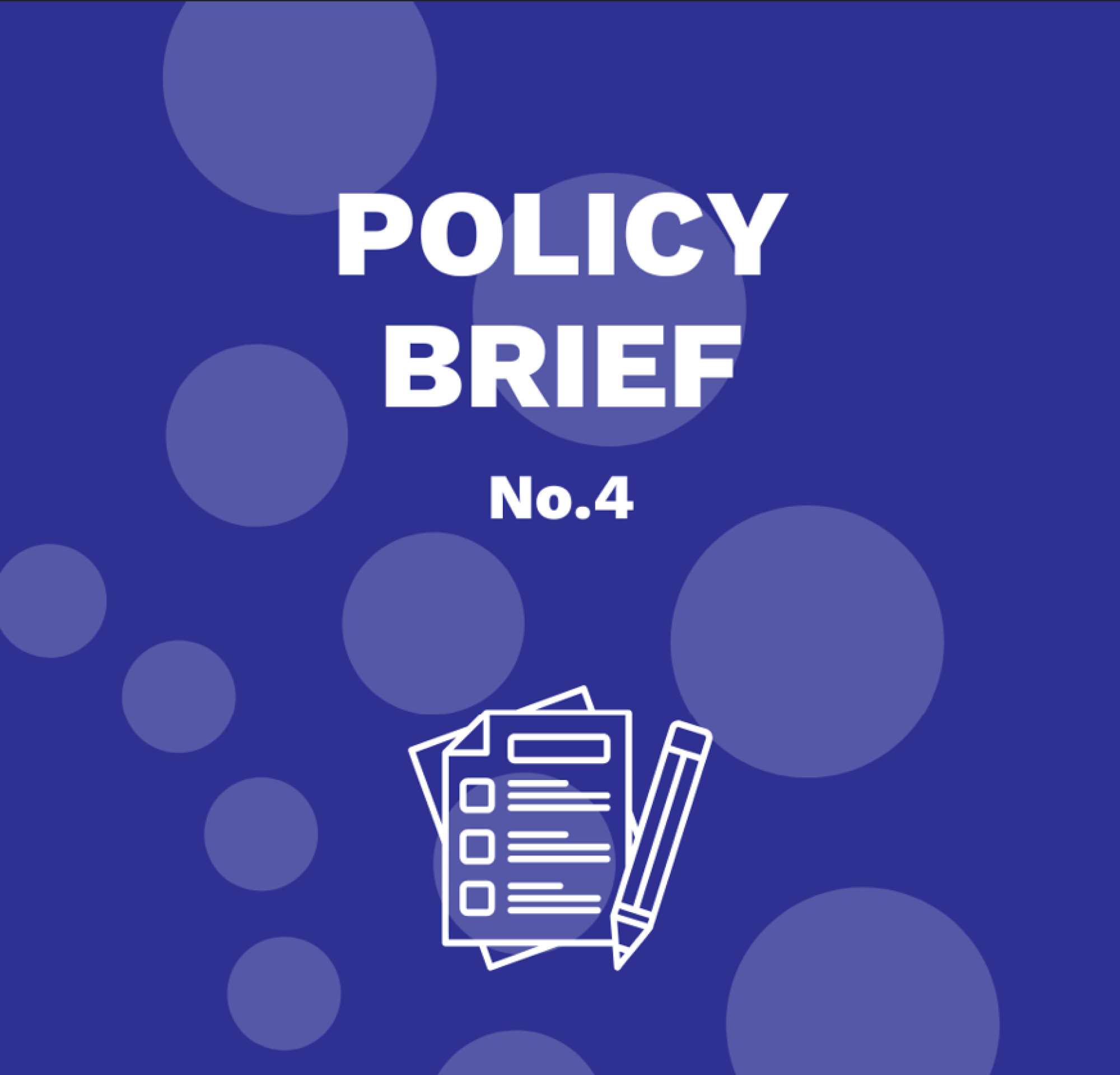Policy Brief
Policy Brief 4: Enhancing migrant support systems Bridging gaps in pre-migration, integration, and institutional roles
Published on 20 December 2024

Within the framework of AspirE's WP3, network mapping was conducted in selected countries across the EU and Asia using the 'Network Canvas' software. The analysis highlights the structure and functions of social networks in the re/migration decision-making processes of respondents.
Findings indicate that respondents predominantly rely on personal networks, driven by trust. In contrast, intermediary actors, social media, and digital networks play a secondary role in their social network preferences. Personal networks provide practical, emotional, and financial support, but this heavy reliance on informal sources often exposes prospective migrants to exploitation and vulnerability. To address these challenges, this Policy Brief recommends:
- to strengthen the role of embassies and consulates;
- to enhance pre-migration orientation and skills development programmes;
- to promote the integration role of social networks; and
- to empower educational institutions to support migration.